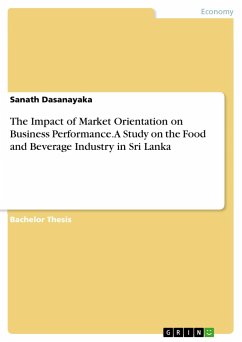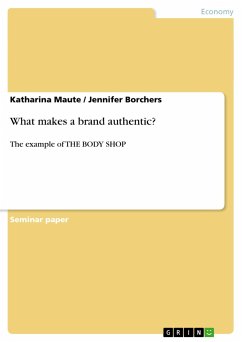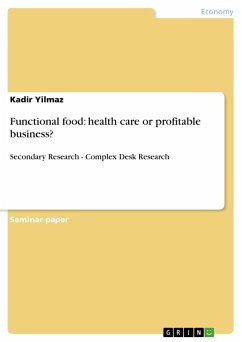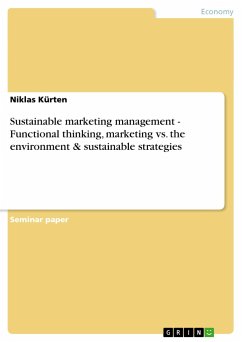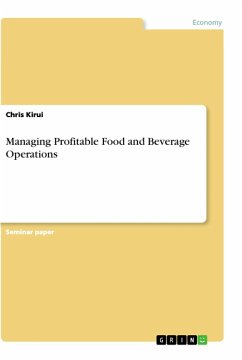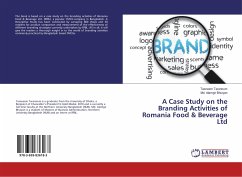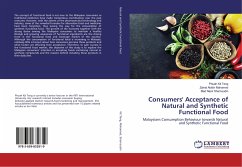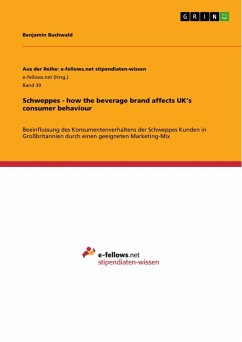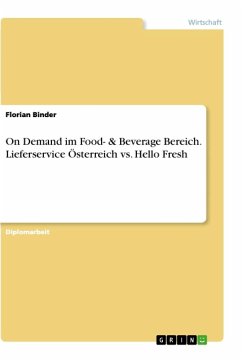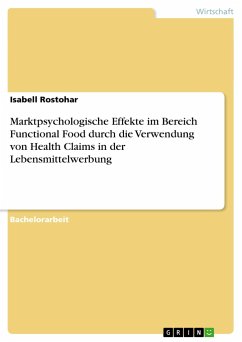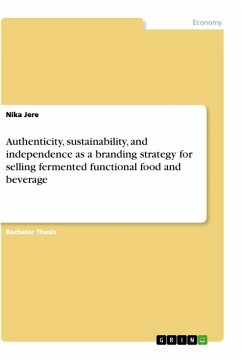
Authenticity, sustainability, and independence as a branding strategy for selling fermented functional food and beverage

PAYBACK Punkte
0 °P sammeln!
Bachelor Thesis from the year 2021 in the subject Business economics - Offline Marketing and Online Marketing, grade: 1,00, , course: Intercultural Management, language: English, abstract: The purpose of this paper is to examine how privately-owned, European SMEs are using authenticity, sustainability, and independence as part of their branding strategy for selling fermented functional food and beverage. The paper discusses possible promising target groups and gaps in the market by using the Sinus-Milieus and Braunegger¿s models. A literature review of the authenticity, sustainability, and in...
Bachelor Thesis from the year 2021 in the subject Business economics - Offline Marketing and Online Marketing, grade: 1,00, , course: Intercultural Management, language: English, abstract: The purpose of this paper is to examine how privately-owned, European SMEs are using authenticity, sustainability, and independence as part of their branding strategy for selling fermented functional food and beverage. The paper discusses possible promising target groups and gaps in the market by using the Sinus-Milieus and Braunegger¿s models. A literature review of the authenticity, sustainability, and independence concepts is followed by an in-depth analysis of eight SMEs, which illustrates how these concepts are being communicated by existent entities. The findings show that start-ups in the fermented food and drink industry tend to use phrases and visual materials that can be categorized in five areas of authenticity, while primarily focusing on one to two areas. It was noticed that 75 percent of analysed SMEs use their website to communicate their sustainability principles. Moreover, the examples exhibit the widespread use of glass and recyclable hemp as packaging materials. In addition, green delivery and C02 emission off-setting were found to play a significant role in today's sustainable SMEs. In the section on independence, the author hypothesizes the increasing importance of independence in the food and beverage business. Concludingly, the paper aims to assist companies to find their place in the market, especially while competing with mainstream brands and large corporations. With the help of this toolset, these privately-owned enterprises will be able to spend more time producing healthy, desired products while creating significant added value that directly contributes to the EU economy.




